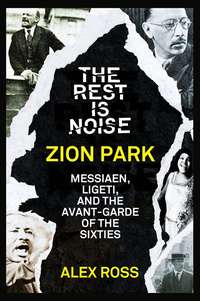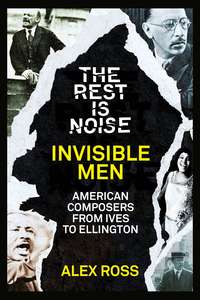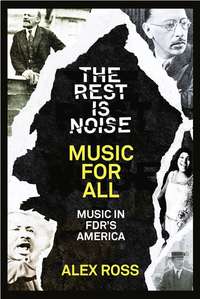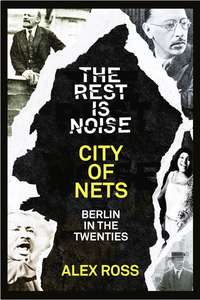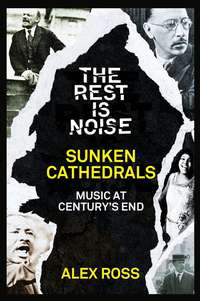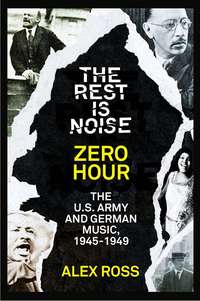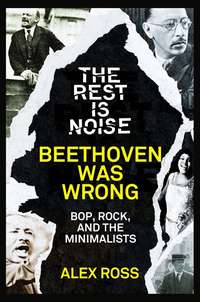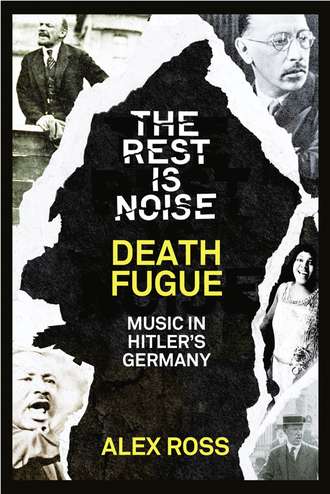
Полная версия
The Rest Is Noise Series: Death Fugue: Music in Hitler’s Germany
From the start, classical music blared in the background of Nazi life. Party rallies were so immaculately choreographed to Beethoven, Bruckner, and Wagner that the music seemed to have been written in support of the pageantry; it was through such sleights of hand that Hitler generated his authority. Unlike Stalin, who demanded that Soviet art mirror the ideology of the regime, Hitler wished to maintain the illusion of autonomy in the arts. Brigitte Hamann, in her biography of Winifred Wagner, reports that at the Bayreuth festival of 1933 the dictator asked audiences to refrain from singing the “Horst Wessel” song or from making other patriotic manifestations, on the grounds that “there is no more glorious expression of the German spirit than the immortal works of the Master.” Like so many German music lovers, Hitler claimed that the classical tradition was an “absolute art” hovering above history, as in Schopenhauer’s formulation.
Such was the import of Hitler’s most ambitious statement on musical policy, his “cultural address” at the Party rally of 1938, in which he said that “it is totally impossible to express a scientific worldview in musical terms” and “nonsense” to try to express Party business. In contrast to Stalin, Hitler turned up his nose at sycophantic propaganda. In 1935, he directed that no more music should be dedicated to him, and three years later he complained that a group of works commissioned for the Reich Party Day paled in comparison to Bruckner. Politics aspired to the condition of music, not vice versa. Thus, when the Berlin Philharmonic played the finale of Bruckner’s Seventh before that 1938 speech, the implication was that Hitler’s rhetoric would follow the musical model. Goebbels wanted his propaganda efforts to stress, in Wagnerian fashion, key leitmotifs, renewed through ingenious variations.
Конец ознакомительного фрагмента.
Текст предоставлен ООО «ЛитРес».
Прочитайте эту книгу целиком, купив полную легальную версию на ЛитРес.
Безопасно оплатить книгу можно банковской картой Visa, MasterCard, Maestro, со счета мобильного телефона, с платежного терминала, в салоне МТС или Связной, через PayPal, WebMoney, Яндекс.Деньги, QIWI Кошелек, бонусными картами или другим удобным Вам способом.




